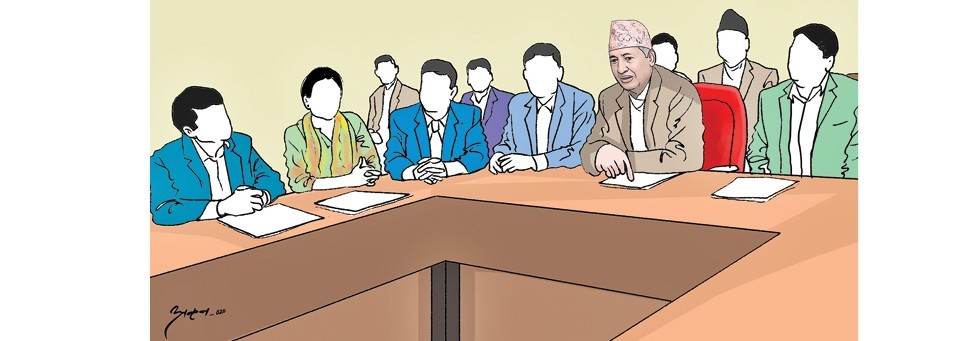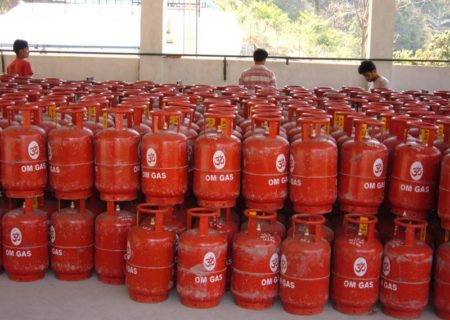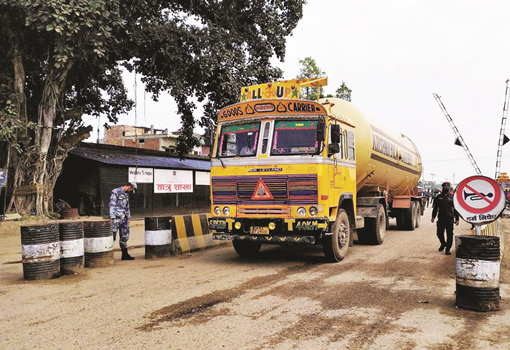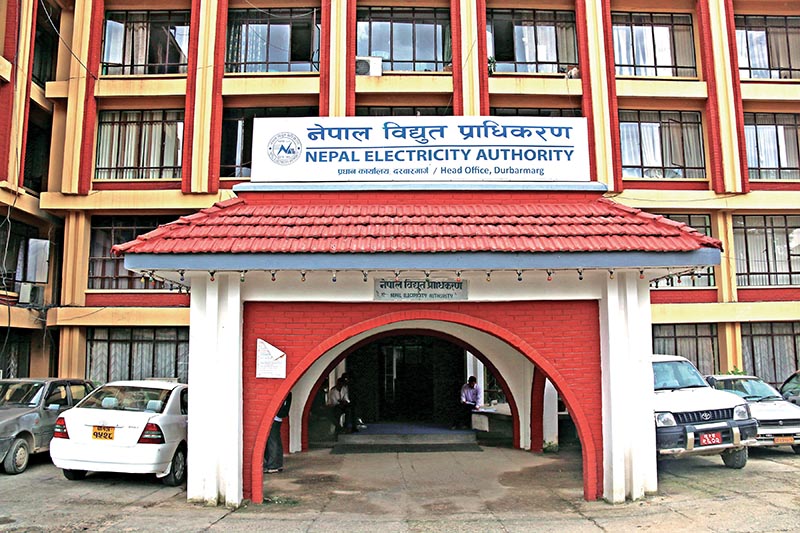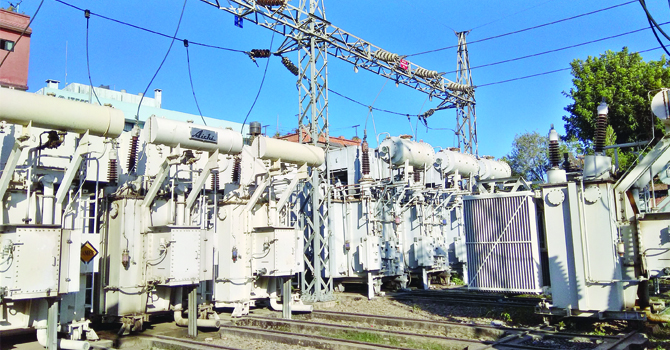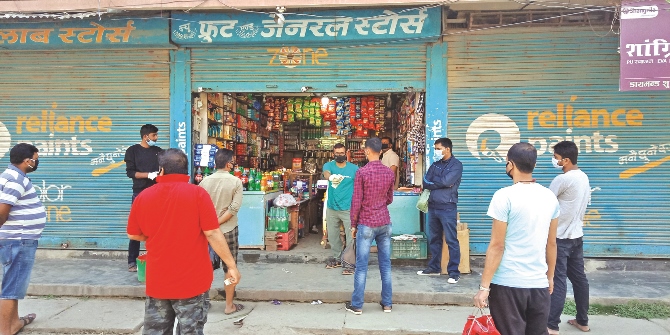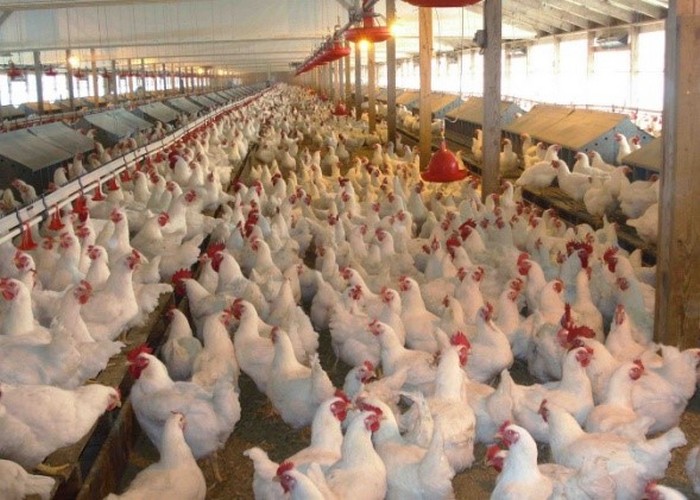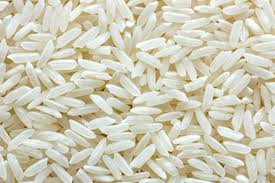‘International market determines fuel prices’

By Laxman Kafle
Kathmandu, Nov.17: The soaring price of petroleum products in the international market is leading to fuel price hike in the domestic market, said an official.
“We are adjusting fuel prices based on the auto pricing system, under which fuel cost has been adjusted based on international prices,” said Binitmani Upadhyay, spokesperson and deputy director of the Nepal Oil Corporation (NOC).
He said that it was a compulsion for the NOC to hike fuel price as the price of fuel had been on the rise in the international market for the last couple of months.
Auto-pricing system
“The Corporation has been bearing losses in billions of rupees monthly even after adjusting fuel price due to significant price hike in the international market. However, the NOC can adjust the prices only by 2 per cent at a time based on the auto pricing system,” he said.
Recently, the NOC has increased the price of petrol, diesel and kerosene by Rs. 3 per litre and aviation fuel for both domestic and international flights by 5 per litre and cooking gas by Rs. 75 per cylinder.
Even with the adjusted fuel prices, the NOC still faces a loss of Rs. 17.58 per litre in petrol, Rs. 13.14 per litre in diesel and Rs. 657 per cylinder in cooking gas.
The NOC has faced a loss of around Rs. 10 billion in the last four months of the current fiscal year, Upadhyay said.
The petroleum monopolists had adopted an auto pricing mechanism in petroleum products – diesel, petrol and kerosene – in a bid to check the ballooning losses since 2014. As per the system, the NOC should adjust fuel prices every 15 days based on the new price list received from Indian Oil Corporation (IOC). The IOC sends the price list to the NOC fortnightly.
Upadhyay claimed that the corporation has not increased the price of fuel during the festive season even though it had gone up in the international market and the corporation had incurred normal losses so as not to impose financial burden on the consumers.
"We have adjusted the price of fuel as we cannot cope with the rising deficit," he said. If the corporation does not adjust the price of fuel, the loss will affect the supply system of petroleum products,” he told The Rising Nepal.
Beyond NOC’s control
Besides, the devaluation of Nepali rupees against the US dollar (USD) is also contributing to rise in fuel price, he said.
“As petroleum products are not our own domestic products, its price depends on the international market. So, we have been compelled to hike fuel price to make its supply sound and smooth even though the fuel price hike is affecting the national economy and general life badly,” he said.
He urged everyone to understand the international factors which are not in our grip that are contributing to the price hike.
In almost three months, the international price of crude oil had increased to USD 84 per barrel from USD 68. The price of a barrel of crude oil was USD 48 a year ago.
The new rate to be received from the IOC now seems to be down slightly, he said, adding that the NOC would adjust fuel prices based on the new price list.
Cheaper in Nepal than in India
Even with the adjusted prices, petroleum price is still cheaper in Nepal than in India, he said.
Compared to Raxaul in the Indian market, petrol in Nepal is cheaper by Rs. 37.53 per litre and diesel by Rs. 30.65 per litre.
As the price of petroleum products has become cheaper here, the possibility of smuggling fuel to India from the border areas has increased, he said.
Recent News

Do not make expressions casting dout on election: EC
14 Apr, 2022
CM Bhatta says may New Year 2079 BS inspire positive thinking
14 Apr, 2022
Three new cases, 44 recoveries in 24 hours
14 Apr, 2022
689 climbers of 84 teams so far acquire permits for climbing various peaks this spring season
14 Apr, 2022
How the rising cost of living crisis is impacting Nepal
14 Apr, 2022
US military confirms an interstellar meteor collided with Earth
14 Apr, 2022
Valneva Covid vaccine approved for use in UK
14 Apr, 2022
Chair Prachanda highlights need of unity among Maoist, Communist forces
14 Apr, 2022
Ranbir Kapoor and Alia Bhatt: Bollywood toasts star couple on wedding
14 Apr, 2022
President Bhandari confers decorations (Photo Feature)
14 Apr, 2022


